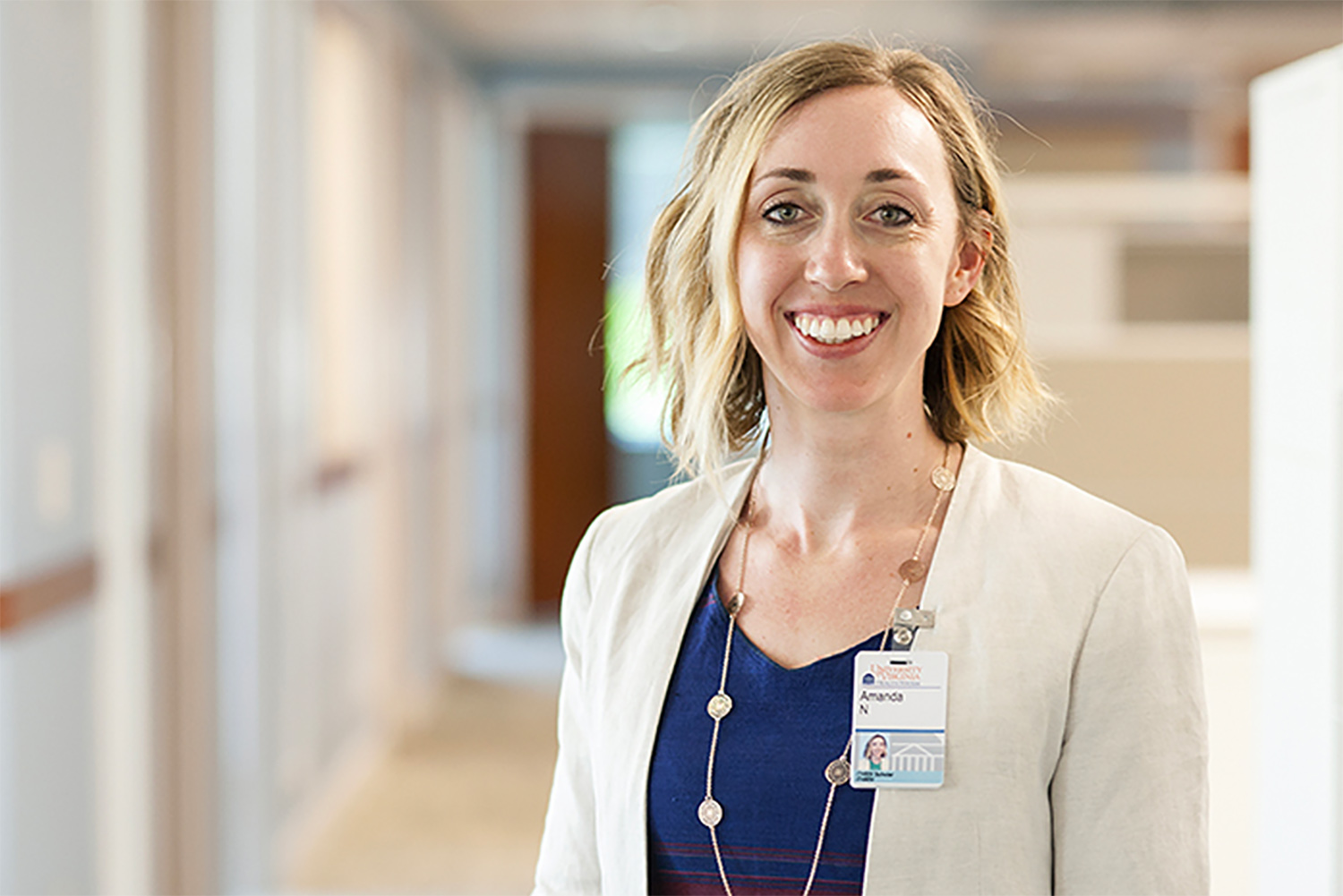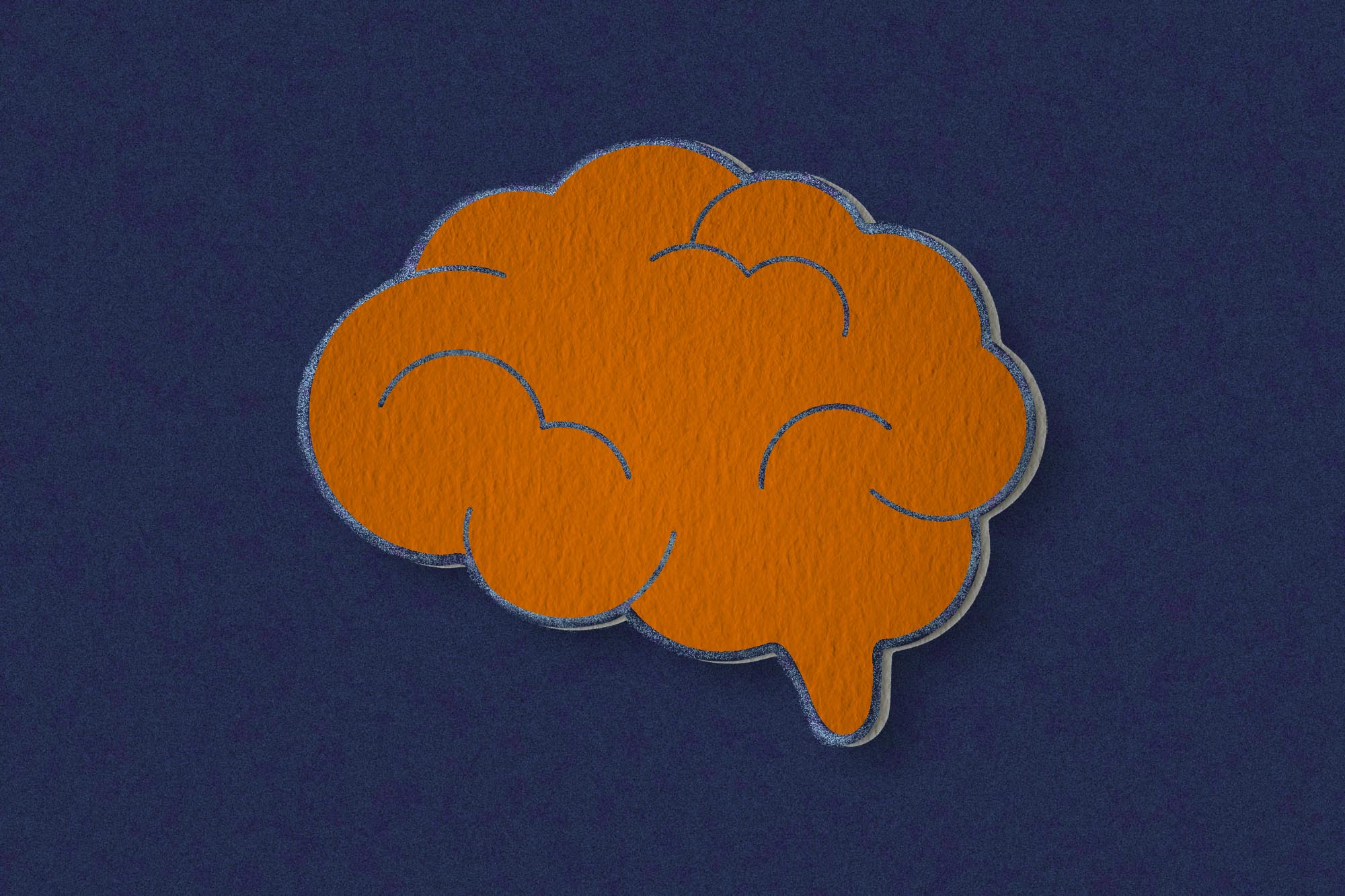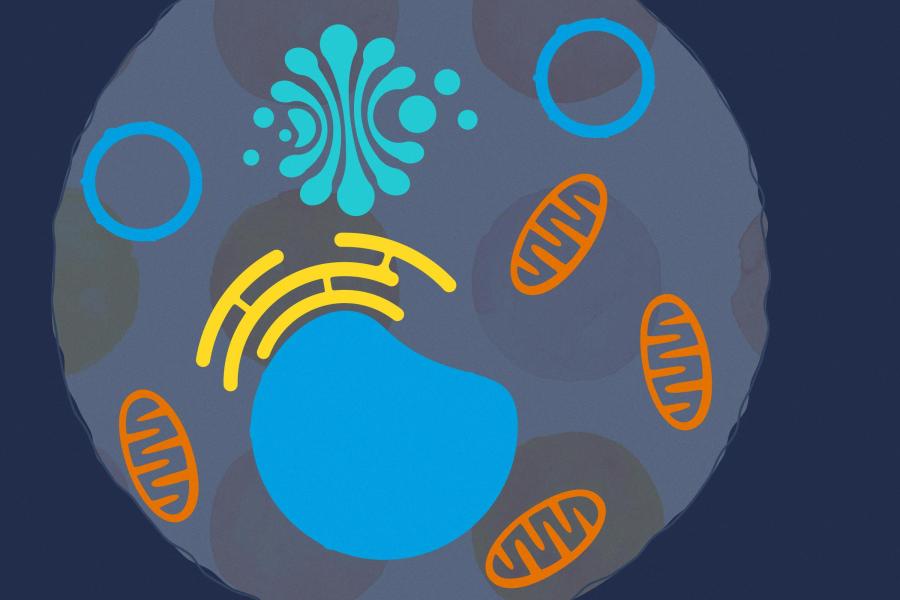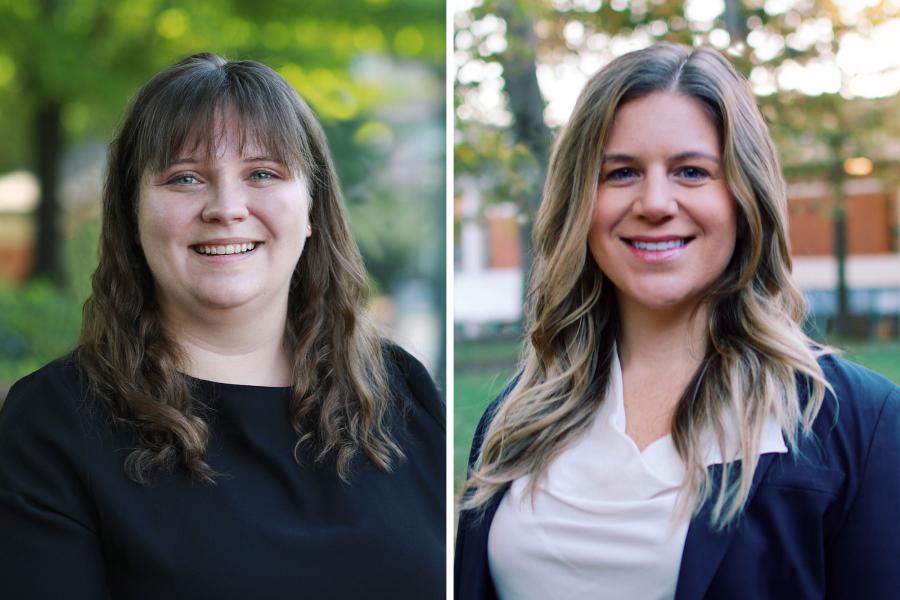Support for refugees is generally considered to include things that meet basic needs like food, water, shelter and health care. But what about refugees’ mental health?
Cox’s Bazar, a district in southeast Bangladesh, is home to what the United Nations has named the world’s largest refugee settlement. The result of increased violence in Myanmar, more than a half million Rohingya refugees – many of whom are women and children – now live in refugee camps across the district.
In Cox’s Bazar and around the world, aid organizations have long provided programming and assistance to displaced populations. But more recently, those interventions have expanded to include efforts to improve residents’ mental well-being. The good news is that these programs can make a significant difference in the lives of residents – but only if they work.
Amanda Nguyen, assistant professor in the University of Virginia’s School of Education and Human Development, led a project last spring that reviewed current research on the effectiveness of psychosocial support interventions on displaced people around the world. Often closely connected to mental health support, psychosocial supports are activities aimed at strengthening social connectedness, social supports, coping skills, and the like to support and improve well-being. The review, conducted in partnership with Batten School of Leadership and Public Policy faculty members Kirsten Gelsdorf, professor of practice of public policy, and Lucy Bassett, associate professor of practice of public policy, found that early research shows positive impacts of these programs. But more research is needed.

Amanda Nguyen is an assistant professor in the University of Virginia’s School of Education and Human Development. (Contributed photo)
“Not long ago, there was very little focus on mental health in conflict-affected populations,” Nguyen said. “Now that it is increasing, good intentions are not enough. We need to know if what we’re doing, with the limited available funds, is helping people.”
While it may seem like conducting thorough research in ever-evolving refugee camps is not possible, Nguyen argues that not only can research be done in these settings, but it is critical that it is.
“It is so much more important to do the research in these settings because so many things in the context are constantly changing, and we want to be sure that improvements we see in participants’ outcomes are due to the intervention and not something else,” Nguyen said.
Nguyen is doing her part to conduct more of that research by partnering with several international organizations to study the effectiveness of their programs and help them identify exactly what interventions are making the impact they hope.
Baby-Friendly Spaces in Bangladesh
Nguyen is working with partners at Johns Hopkins University’s Bloomberg School of Public Health and Action Contre la Faim, an aid organization working on the ground in Cox’s Bazar. Together, the team is examining how baby-friendly spaces help improve the mental health of Rohingya refugee mothers and thus improve the development of the youngest residents of the camp.
Action Contre la Faim operates a series of Integrated Nutrition Centers across the Cox’s Bazar settlement area. Within each center, the organization provides the baby-friendly spaces program offering a combination of supports aimed at improving the well-being of mothers and the development of their babies. Mothers and young babies can visit these locations to receive support for things like breastfeeding, and also receive interventions aimed at improving their mental well-being.
“As we know, symptoms of depression in women are not uncommon during pregnancy or following the birth of a baby,” Nguyen said. “But among women living in humanitarian settings, the percentage is even higher. We also know that the mental health of a mother or caregiver has significant impact on a baby’s healthy development.”
In this project, Nguyen and her partners are working to determine if providing psychosocial support to mothers in these baby-friendly spaces improves their caregiving and thus improves the outcomes for their babies.
Six hundred mothers of babies through age 2 who are experiencing acute malnutrition are receiving additional psychosocial services at nutrition appointments already scheduled for their babies.










